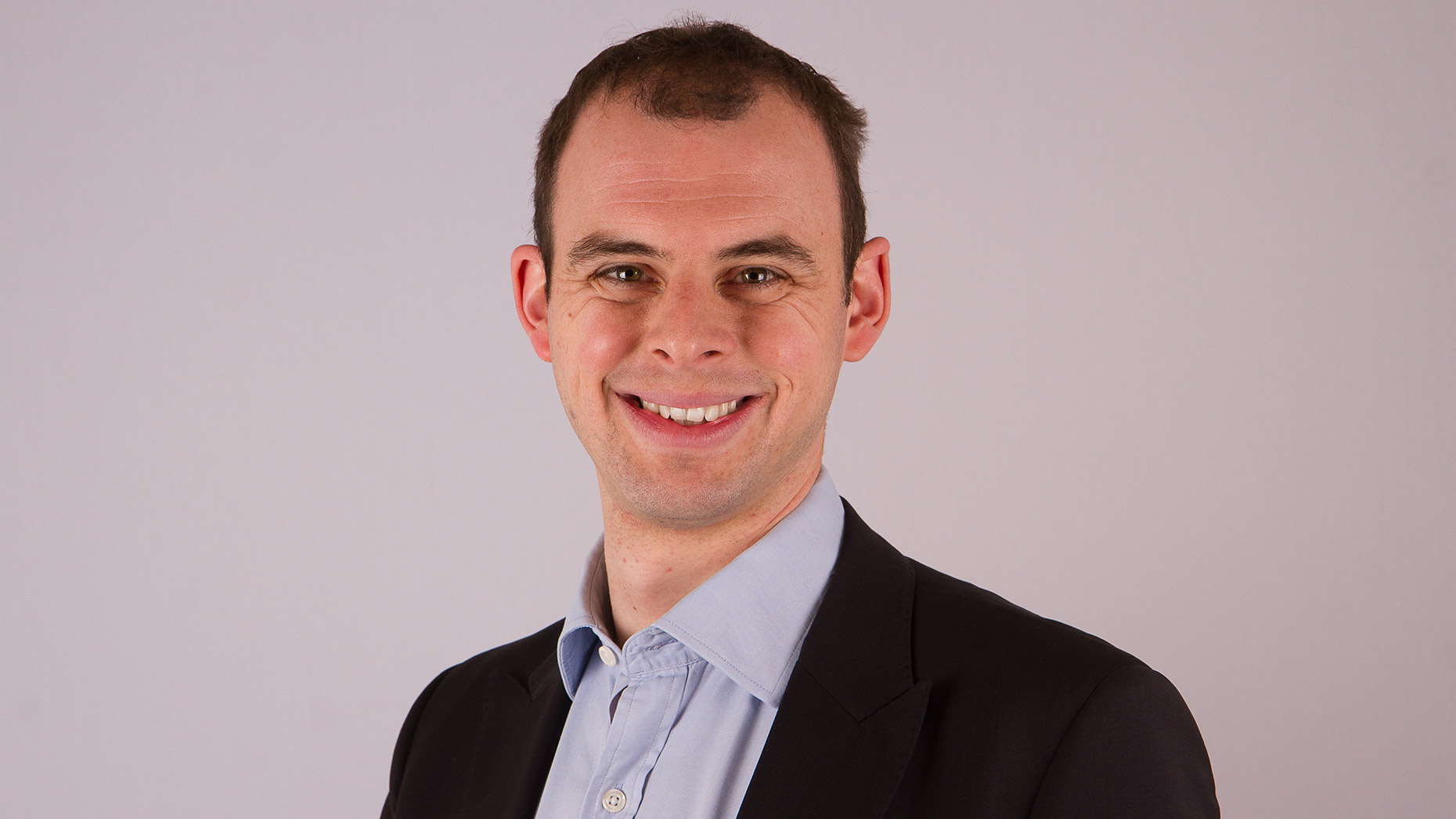Just days ago, Lincolnshire faced the greatest threat the county has seen in years. A storm surge, potentially as bad as that seen in 2013 or 1953, meant that Boston and Skegness, as well as points north and south, saw the very real prospect of flooding that could endanger not only property but constituents’ lives as well.
It is an ever-present threat: the Boston and Skegness constituency is, according to the Association of British Insurers, the area that is most at risk of flooding in the entire country.
That’s in part because of largely flat geography meaning that any flooding risks going a considerable distance inland, but it’s also simply because large numbers of people live very close to the sea.
Residents do, of course, understand the pleasures and risks living on the coast can bring. As Skegness braced itself for the worst of the weather I detected no sense of panic even as I stood on the seafront itself talking to local media.
The seriousness of the threat meant that Lincolnshire saw a national response, on a scale that has not kicked in since 2013.
All those involved sought to learn from that dreadful flooding over three years ago, which saw hundreds of properties damaged in Boston.
My own father-in-law, a teacher at Boston Grammar, witnessed distressing floods in his science classrooms that meant pupils, some of whom had their homes damaged, could also not be taught properly either.
Flooding’s destruction is tangible, extensive and lasts far longer than fleeting interest from TV cameras and reporters.
The police, therefore, were quickly joined by the Environment Agency, the fire service, ambulance, Coastguard and a host of others to make sure that the emergency services’ response was joined up.
As some questioned whether the event warranted such an effort, the official view was very clear: far better to plan and then not need to take action than not to plan and then scrabble around picking up the soggy pieces. Failing to plan, as the saying goes, is planning to fail.
As the picture of the threat emerged, ministers authorised the use of both the army and air support. The former knocked on thousands of doors to make sure that everybody knew the risks were real.
It surprises me that a few people still took the view that advice to evacuate was over the top: I hope that should this sort of threat emerge again, people will not assume that as we got away with it once, there will be no reason to take warnings seriously again.
Airborne support is able to take pictures before and after floods, to gauge any changes and help plans to patch up defences if necessary. With a morning and evening high tide to contend with, of course this is vital. Again, ministers authorised requests without hesitation.
Watching the process up close, and being involved in parts of it, left me with one overriding impression: our emergency services were totally committed, because everyone involved knows what is at stake.
My personal, profound thanks go to everyone involved.






